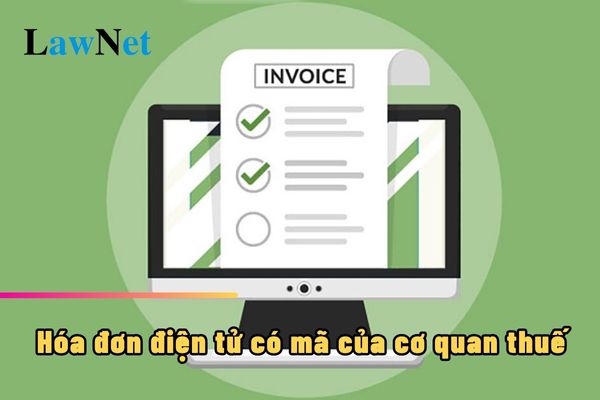Does the authenticated e-invoice be issued before or after the individual sells goods to the buyer in Vietnam?
Does the authenticated e-invoice be issued before or after the individual sells goods to the buyer in Vietnam?
Based on Clause 2, Article 3 of Decree 123/2020/ND-CP stipulates as follows:
Definitions
In this Decree, the following terms are understood as follows:
1. Invoice is an accounting document created by organizations or individuals selling goods or providing services, recording information of goods sold or services provided. Invoices are presented in the form of e-invoices or invoices printed by tax authorities.
2. An e-invoice is an invoice issued or not issued by the tax authority, presented in e-data form, created by organizations or individuals selling goods or providing services to record the sale of goods or the provision of services in accordance with the provisions of law on accounting and tax, including invoices generated from cash registers connected to the e-data transfer system with the tax authority, in which:
a) An authenticated e-invoice is an e-invoice issued by the tax authority before organizations or individuals sell goods or provide services to the buyer.
The tax authority code on the e-invoice includes a transaction number which is a unique series of numbers generated by the tax authority's system and a string of characters issued by the tax authority based on the seller’s information provided on the invoice.
b) An unauthenticated e-invoice is an e-invoice created by the organization selling goods or providing services sent to the buyer without the tax authority’s code.
Thus, e-invoices are issued by the tax authority before organizations or individuals sell goods or provide services to the buyer.

Does the authenticated e-invoice be issued before or after the individual sells goods to the buyer in Vietnam? (Image from the Internet)
How does the seller register to use e-invoices generated from POS cash registers in Vietnam?
Based on Clause 2, Article 90 of the Law on Tax Administration 2019 stipulates as follows:
Principles of creating, managing, and using e-invoices
1. When selling goods or providing services, the seller must create e-invoices to give to the buyer in accordance with the standard data format and must fully record the contents as prescribed by tax law and accounting law, regardless of the value of each transaction of selling goods or providing services.
2. If the seller uses a cash register, the seller must register to use e-invoices generated from POS cash registers connected to the e-data transfer system with the tax authority.
3. The registration, management, and use of e-invoices in transactions of selling goods or providing services must comply with the provisions of the law on e-transactions, accounting law, and tax law.
4. The tax authority codes the e-invoices based on the information provided on the invoice by enterprises, economic organizations, other organizations, business households, and business individuals. Enterprises, economic organizations, other organizations, business households, and business individuals are responsible for the accuracy of the information on the invoices.
5. the Government of Vietnam stipulates the details of this Article.
Thus, in principle, if the seller uses a cash register, the seller must register to use e-invoices generated from POS cash registers connected to the e-data transfer system with the tax authority.
What are forms of e-invoices in Vietnam?
Based on Clause 1, Article 89 of the Law on Tax Administration 2019 stipulates as follows:
E-Invoice
1. An e-invoice is an invoice issued or not issued by the tax authority, presented in e-data form, created by organizations or individuals selling goods or providing services to record information about the sale of goods or the provision of services according to the provisions of law on accounting and tax by e-means, including invoices generated from cash registers connected to the e-data transfer system with the tax authority.
2. e-invoices include value-added invoices, sales invoices, e-stamps, e-tickets, e-cards, e-receipts, e-delivery-cum-transportation notes, or other e-documents with different names.
....
Thus, the above regulations stipulate that e-invoices are presented in e-data form created by organizations or individuals selling goods or providing services to record information about the sale of goods or the provision of services according to the provisions of law on accounting and tax by e-means, including invoices generated from cash registers connected to the e-data transfer system with the tax authority.

